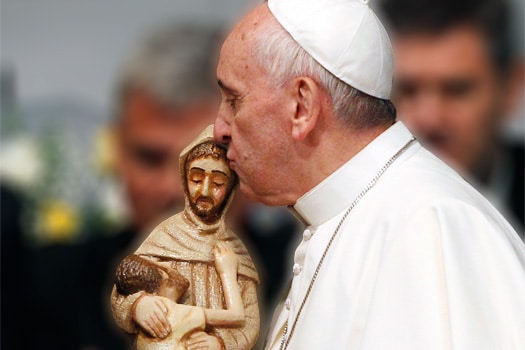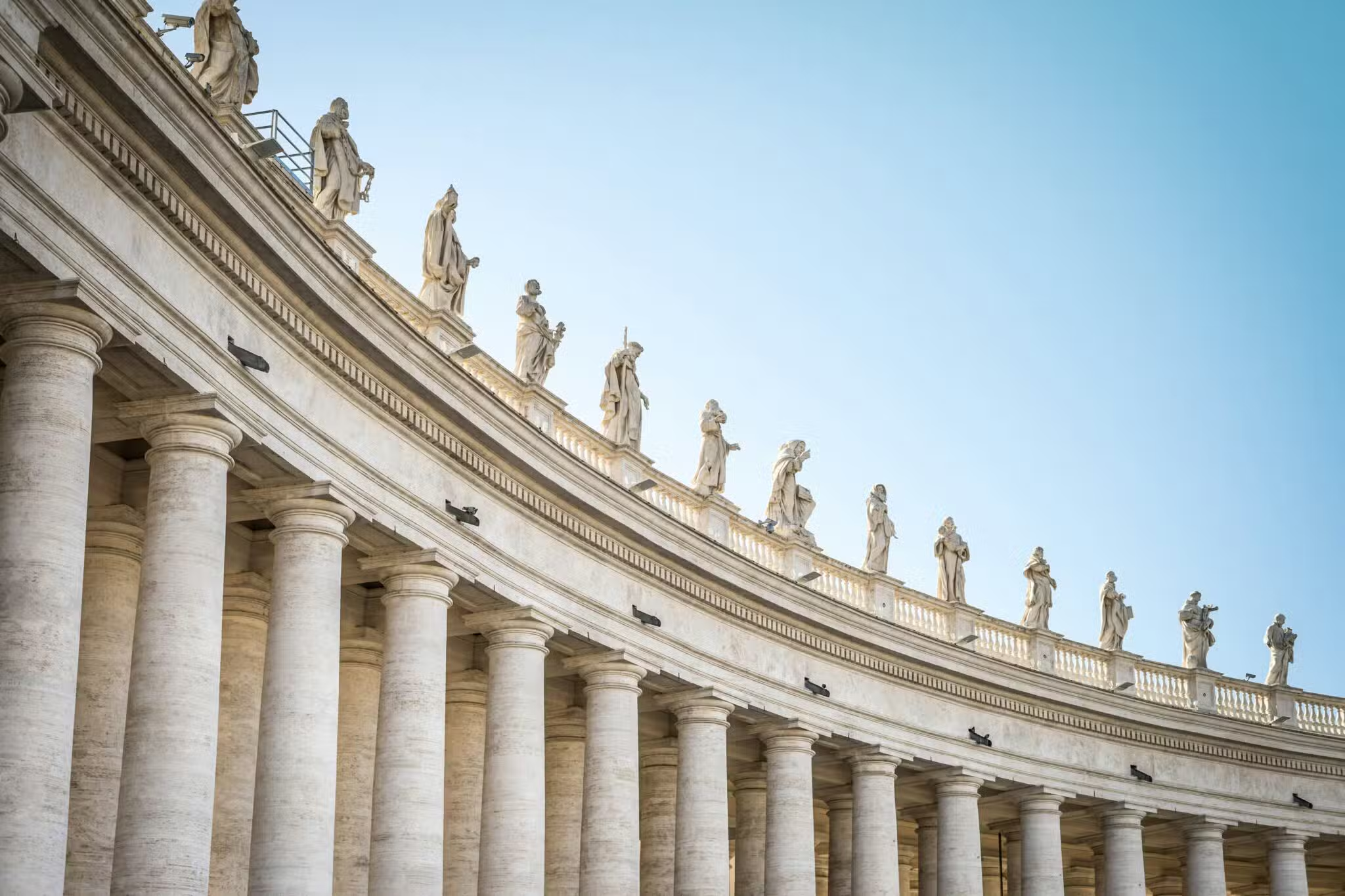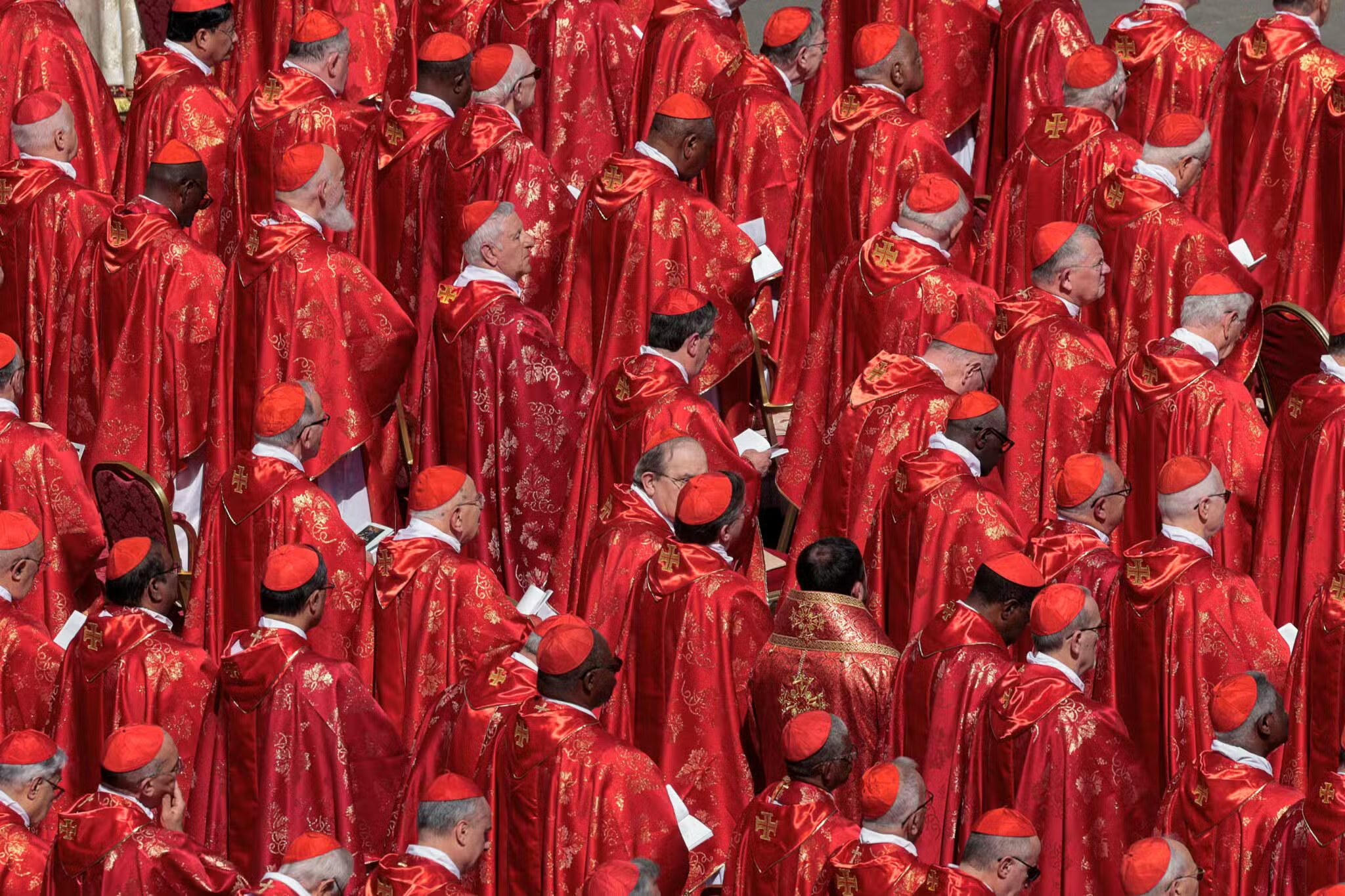In 2013, when Jorgé Bergolio was elected to the papacy in Rome, it was a watershed moment for the Catholic Church. Not only did he succeed a living pope who had resigned his seat one month before the historic conclave, but he also chose a never-before-selected name for his papacy: Pope Francis. In the minds of most who were following these historic events, it seemed portentous. As the assembled cardinals stood to applaud his election, it was reported that Brazilian Cardinal Claudio Hummes, after offering his congratulations, leaned over to whisper: “Don’t forget the poor.”
Pope Francis, in his early public appearances, felt compelled to identify himself with the poor. He said that the cardinals had chosen someone from “the ends of the earth,” someone from South America, signaling a new style for his papacy. He intentionally reached out to the marginalized, to visit prisoners on Holy Thursday and wash the feet of criminals and convicts who were nonbelievers.
He prefers an economical Ford Focus to a chauffeured limo when he travels. After his election, he stunned the Vatican, and amazed the world, by preferring to live with his staff in Casa Santa Marta—a hotel for guests rather than the luxurious papal apartments reserved for popes at the Vatican.
Even before his election, there were signs that Cardinal Bergolio was a man with a heart for the poor. We saw him in a photo riding a city bus in Argentina, and in the words of journalists who closely followed and reported on the papabile prior to the conclave, he lived simply, worked tirelessly for the poor, and refused—outright rejected—all trappings of clerical power and wealth. Ironically, all of this comes with a price. Many find this new style offensive, but it is remarkable for its effect on society.
As pope, he has introduced new ways to communicate with the world. He gives spontaneous press conferences in the back of a plane flying home from a papal visit. He stops the motorcade so he can embrace and kiss a man with an unpronounceable skin disease. He uses a cell phone to call old friends, fellow cardinals, and his brother Jesuits.
He eats lunch in the Santa Marta cafeteria because he values being close to people to listen to their stories, to laugh with them, to bless their children, and not to judge. It is not a stretch to see why Pope Francis had in mind the Saint of Assisi when he chose his name. Francis sees the Church not as a fortress against enemies but as a haven for the poor. He encourages the shepherds of the Church to go out among the sheep, to seek the lost and forsaken, and to welcome them home. Are we seeing a sea-change in the Church?
Today, the Church is enmeshed in scandals, a Church in crisis—of authority, credibility, and division. It is greatly in need of the Franciscan values of peacemaking, conversion, minority, and service. As Francis of Assisi knelt before the crucifix in the Church of San Damiano, he heard Christ speak to him from the cross: “Francis, go and rebuild my Church; as you can see, it is falling into ruin.” Francis looked around at the church, the neglected altar, the broken doors and windows, the debris littered about, and he began to repair a badly damaged building, stone by stone.
Pope Francis has understood the metaphor. May we follow his example and find what is ours to do.








